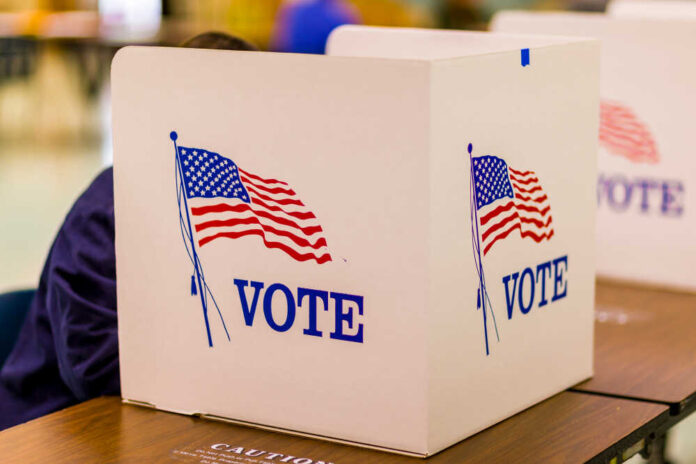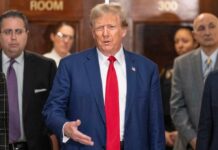
In the latest indication that American elections are suffering from insecurity and the resulting lack of public confidence, poll workers faced trouble while scanning ballots in the Gainesville District special election for the Prince William County Board of Supervisors in Virginia on Tuesday.
According to local reports, the ballots were 1/16th of an inch too wide, which meant the county’s scanners could not accept them. However, Eric Olsen, the county director of elections, stated that poll workers still accepted the ballots, and they would be counted by hand at the end of the day. He also said that the issue was being resolved and that new, correct ballots were being printed on-site and delivered to polling locations.
What is so difficult about printing ballots that are the correct size for the scanning machines? Maricopa County AZ couldn't do it either. Virginia board of supervisors election begins with ballots too wide for voting scanners to process https://t.co/jDyEhUSGyj via @JustTheNews
— Fran Hopkins (@FMFHopkins) February 22, 2023
Olsen reported that the turnout was higher than usual, with two precincts having over 100 voters by mid-morning. However, turnout at other precincts was slower. He also predicted that voter turnout would be under 10% of registered voters in the district, typical for a special election. The polls closed at 7 p.m.
The main issue debated before the special election was whether to develop rural land for more data centers. Republican Bob Weir opposed the development, while Democrat Kerensa Sumers supported it.
The special election was held to finish the remaining nine months of the term vacated by former Supervisor Peter Candland, a Republican who resigned in December due to concerns about a conflict of interest, as he and his wife had signed a contract to sell their property to one of the data centers.
In an update published late Tuesday evening, it was reported that at least one polling location could not scan ballots and was still holding onto them to count by hand at 11:00 p.m.
Olsen said there was no reason to believe that votes would not be counted, and he had not heard that anyone was turned away or left. Olsen stated there were no disruptions in the statewide recount in the attorney general’s race, triggered when the candidates are within 0.5% of each other.
While one local special election may seem like a minor story, it adds to the mounting evidence that elections that rely on highly specific forms of technology are not worth the cost in security for many Americans. Every mechanical failure provides new support for those who argue for in-person voting, hand-counting of ballots, and simple and secure identification requirements.




























